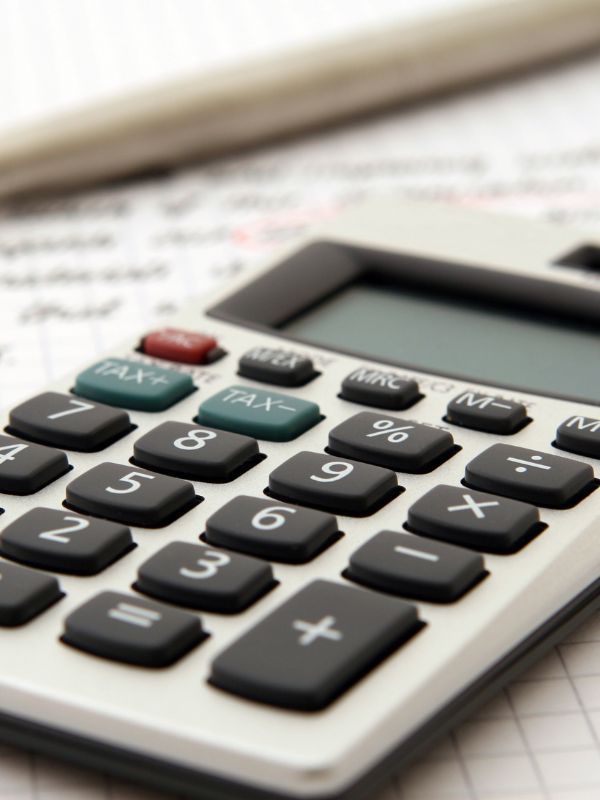Harness the Power of Your Money Mindset
Your Mindset is the Key to Financial Health
Money is much more than a medium of exchange for goods and services.
Money reflects our personal values and the hard work we put into earning it. How we treat money, save it and spend it, is a reflection of our internal beliefs — our money mindset.
When it comes to money, we all have strongly held beliefs, whether or not we realize it. Many of these beliefs grew out of childhood and come from lessons we learned from our families or picked up through life experiences.
Why does mindset matter?
Because understanding our internal beliefs helps us make smarter financial decisions and avoid the behaviors that damage financial health.
So, how much do you know about your money mindset?
Answer the questions below to discover more about your money beliefs and unlock key insights about your mindset and the behaviors holding you back from achieving your financial goals.
What does the word "money" bring to mind? Are the associations positive or negative?
Beliefs about money are complicated. It's a symbol of one's self: respect, love, freedom, control, power, worth, and much more (depending on the person).
Having a healthy relationship with money and using it to create success require you to understand the beliefs and internal scripts driving your behavior. Trying to build strong financial habits without the right mindset is like driving down the highway with your emergency brake on.
As financial professionals, we think about wealth in terms of the opportunities it offers and as a tool for good. But, we've realized that everyone who walks in our office doesn't view money the same way. For some people, money is uncomfortable and something they'd rather not think about. Others tie wealth to their definitions of success and self-worth.
We don't think one mindset is better than the other.
What's important is understanding your own beliefs and identifying how they drive your decisions and your behavior. If you can recognize the negative aspects of your money mindset, you can manage your emotions and fears better—and you can recognize and start to change bad habits.
Identifying and changing negative behaviors associated with your mindset are key to making the best financial decisions.





OUR LOCATIONS
WEST SIDE OFFICE
Millennium Place East
25111 Country Club Boulevard
Suite 230
North Olmsted, OH 44070
EAST SIDE OFFICE
One Chagrin Highlands
2000 Auburn Drive
Suite 200
Beachwood, OH 44122
CHECK US OUT
The Better Business Bureau membership provides no guaranteed assurance or warranty of the character or competence of the member. BBB charges a fee for BBB Accreditation. Always make financial decisions on the basis of your own due diligence.
The National Ethics Association (NEA) is a paid membership organization. All NEA Background-Checked members have successfully passed the annual seven-year background checks for criminal, civil, and business violations in order to meet the membership standards. However, the association provides no guaranteed assurance or warranty of the character or competence of its members. Always make financial decisions on the basis of your own due diligence.
SITE MAP
Advisory services offered through CreativeOne Wealth, a Registered Investment Adviser. Preservation Retirement Services and CreativeOne Wealth are not affiliated. The insurance products offered by Preservation Retirement Services are not subject to Investment Advisor requirements. The Retirement Protection Plan is our proprietary process name and it does not promise or guarantee investment results or preservation of principal. 2023/07/28 - 17149121







